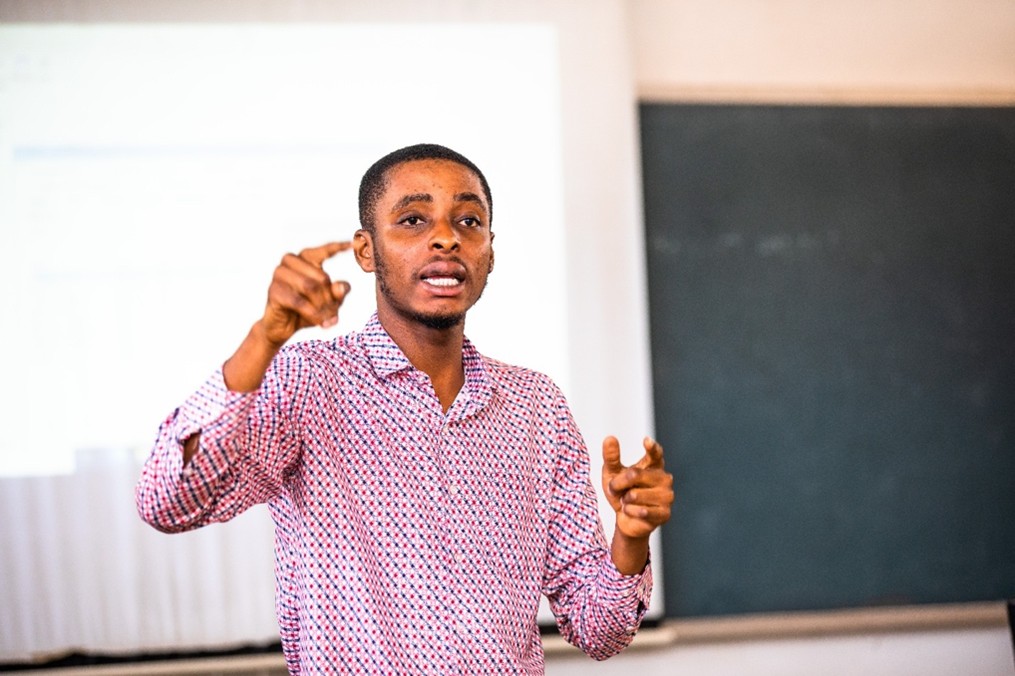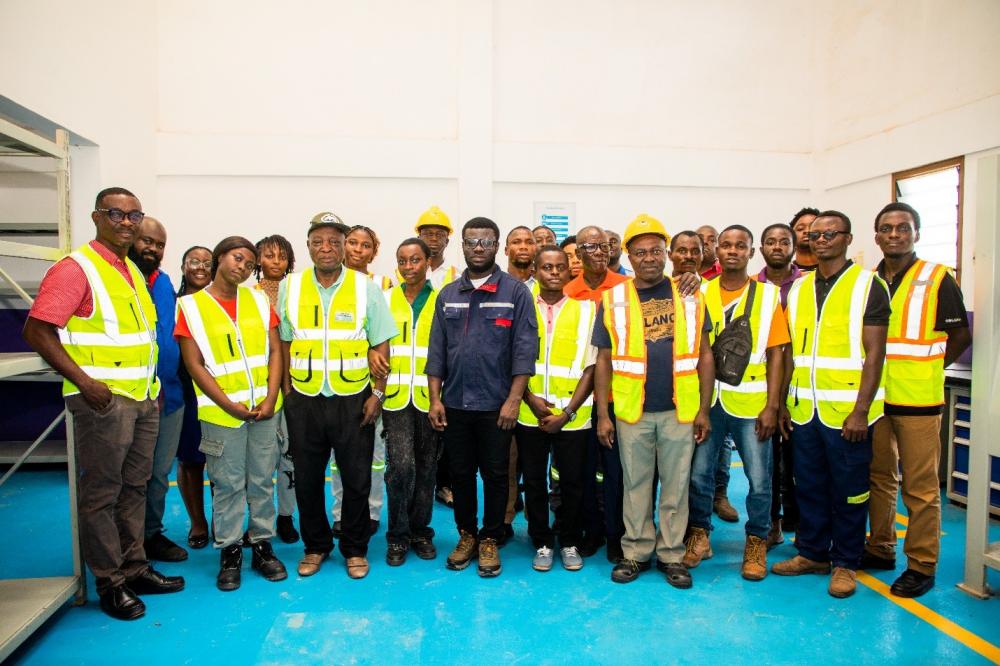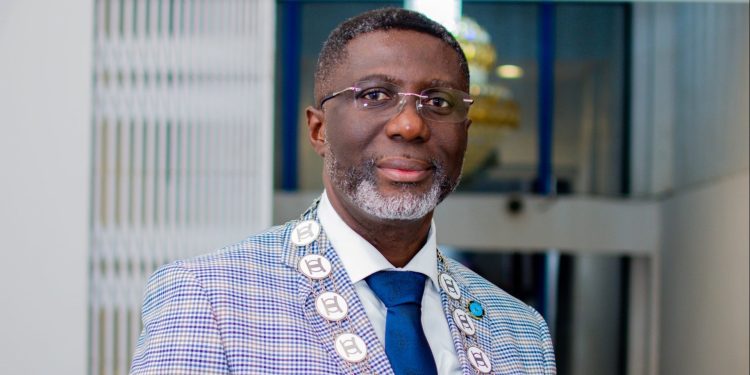With Ghana facing a shortage of skilled professionals in the foundry industry, the College of Engineering at the Kwame Nkrumah University of Science and Technology (KNUST) has taken steps to address the gap through a two-week training program under the Skilled Artisans for Fabrication Excellence and Foundry Advancement in Ghana (SAFEFAG) project, funded by the Lloyd Registered Foundation (Sg11\100045). Hosted at the Foundry and CNC Machining Training Centre (FCMTC), which was donated to the College of Engineering at KNUST by the Ministry of Education, Ghana. The program, which began on 13th October 2025, brought together artisans and students from KNUST, Kumasi Technical University (KsTU), and workshops to build essential skills in Computer-Aided Design (CAD), Foundry Technology and Machine shop operations. Organised by the Faculty of Mechanical and Chemical Engineering (FMCE) with support from the Lloyd Registered Foundation, the initiative seeks to train and develop more foundry professionals in Ghana on safe design and manufacturing techniques, where expertise remains limited.

The training began with two days dedicated to Computer-Aided Design (CAD), facilitated by Dr Frank Nyarko, a Senior Lecturer at the Department of Mechanical Engineering and supported by Mr Michael Acheampong, Research and Teaching Assistant at the Department of Mechanical Engineering. Using Siemens NX, participants were guided through sketching, part modelling, and assembly design. Mr. Acheampong explained that the CAD component laid the groundwork for the practical sessions that followed. “In engineering, every creation begins with a model; as a result, the CAD training will help participants visualise and refine their ideas before they bring them to life in the foundry,” he said.

This introduction ensured that participants could relate their digital designs directly to the casting and fabrication processes they would later observe and perform.

After the CAD training, participants moved to the foundry section at Anwomaso, where Prof. Benjamin Afotey, Associate Professor in the Department of Chemical Engineering, officially opened the next phase of the program. In his remarks, he encouraged participants to fully engage with the sessions ahead, highlighting that the practical training would allow them to connect theory to real manufacturing processes. “This training is an opportunity to build lasting technical skills for the future of our industry,” he said.

Following the opening, Dr. David Konadu, Lecturer and Head of the Foundry and CNC Machining Training Centre, led participants through the fundamentals of foundry technology.
His sessions covered pattern making, allowances, contraction of metals, moulding materials, and the science behind casting. He explained the reasoning behind each process stage, from selecting materials to accounting for shrinkage during solidification. “Engineering is a language of drawings and measurements. When you sketch and document, you retain the knowledge and understand why every step matters,” he told participants. He also discussed modern trends in foundry work, including powder metallurgy and the advantages of casting in efficiently producing large and complex metal components.

The next sessions were handled by Ing. Osei Bota, Foundry Lecturer at the College of Engineering, who expanded on the practical aspects of moulding sand preparation and metal melting techniques. He explained the preparation of synthetic green sand, detailing the correct mixture of silica sand, bentonite, water, and coal dust, and discussed how these materials affect the quality of cast products. He also introduced participants to various furnaces commonly used in foundries, oil-fired, gas-fired, and induction furnaces and explained how each system influences melting efficiency and casting quality. “Our focus is not just to produce artisans who can cast metals, but to ensure they understand the materials, tools, and processes that lead to precision and quality,” he said.

The hands-on segment of the program was led by Mr. Ebenezer Oppong Appiah (industry partner) and Mr. Kingsley Mensah, both from Crescent Foundry Ghana Ltd. They taught participants key aspects of pattern and mould making, metal casting, and foundry safety, explaining the processes, materials, and techniques required for effective casting operations.

Through their demonstrations, participants gained first-hand insight into professional foundry practices, observing how moulds are prepared, metals are melted, and casting is performed under real industrial conditions.

At the end of the two-week training, the program was officially closed by Prof. Kwadwo Mensah Darkwa, Principal Investigator of the SAFEFAG project and Chairman of the Foundry and CNC Machining Training Centre (FCMTC) Committee, who presented Certificates of Participation to the trainees.

Prof. Mensah-Darkwa commended the participants for their dedication and encouraged them to apply the knowledge and skills gained to improve foundry practices across the country. Building on the success of this edition, plans are underway to organise another round of training next year to reach more artisans and technicians.













